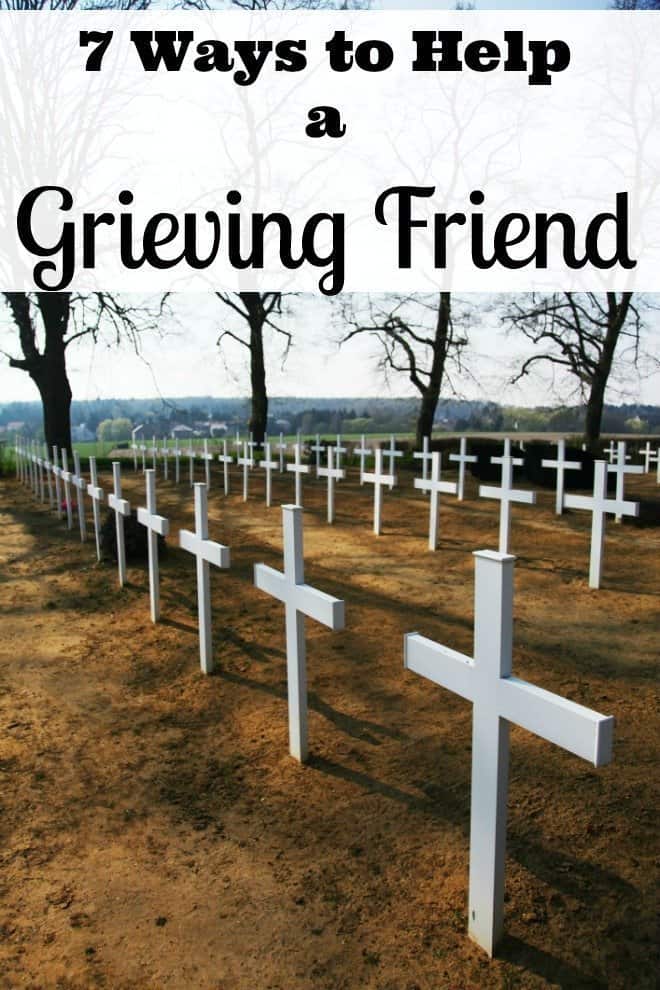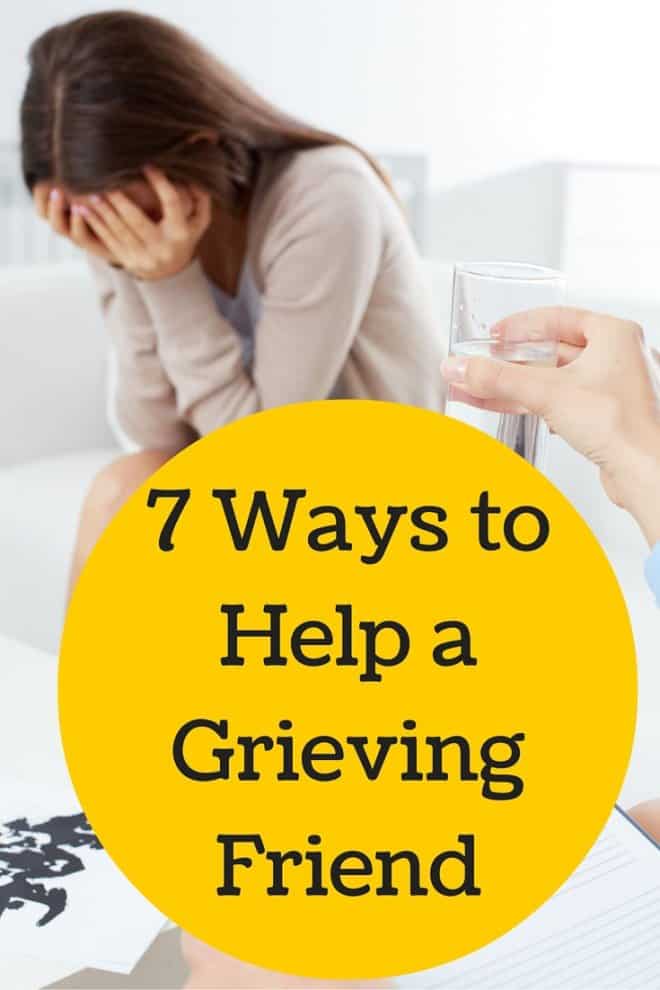My husband and I have been in ministry for over 30 years. And I love just about everything about it. I adore baby dedication services. I’m a total romantic and I cry tears of happiness every time I see a bride walk down the aisle. I love planning baby showers and bridal soirees!
There is one part of being in the ministry that has always been difficult; trying to help someone come to terms with the death of a loved one or helping people cope with a senseless tragedy that rocks our very being to the core.
I’ve sat with grieving parents, suffering from the loss of their child. They always say that it’s not supposed to be this way. A parent should not outlive a child. I’ve squeezed the hand of a brokenhearted young widow about to embark on a journey of being both mom and dad to her young children. And I’ve also wrapped my arms around someone who has had to endure the death of a parent. It is heart-wrenching to see someone who has died way too young.
Death is not pretty, but it is certain. What do you say to that devastated young widow? How do you show your love and compassion? I’ve listed a few things that I hope will help you when you are comforting someone who has been traumatized by death.
7 Ways to Help a Grieving Friend
1. Just be there for them.
Help them out with food, child care; just be a shoulder to lean on. Simply knowing that you care helps more than you realize. Cover them in prayer!
2. Don’t ask what happened.
If there has been a tragedy, let them decide when and how to talk about it. If they want to talk about it, listen. I say it’s safe to always follow their lead.
3. Don’t blame God.
When people are faced with a despairing situation that is beyond their understanding, it is easy to blame an unseen force. People say things like “God needed him in heaven. God needed an angel, God needed a flower . . . ” And I know these people are trying to help but it doesn’t help to blame God. (Read John 10:10) As long as we are on this earth, there will be tragedies. It’s best not to try to figure things out.
4. Don’t make them comfort you.
I see it time and time again where the person going through grief is handling it surprisingly well, talking about the good memories and someone walks in and becomes hysterical and the person grieving becomes the person giving comfort to someone else’s grief. I’m not saying we shouldn’t weep with those that weep. We should. But don’t fall onto the person grieving and have a meltdown. This requires something of them that may be beyond their ability to give.
5. Don’t say “I know how you feel.” We don’t.
This sounds cliché, but there is a grieving process that one goes through after the death of a loved one. Don’t try to hurry them through it or try to slow them down. It’s a process, but it’s not always the same pace for everyone. For example, some people want to get rid of everything (clothes, etc.) immediately while others need a little while. Either is perfectly acceptable. Be supportive.
6. Don’t make light of the situation.
When I miscarried years ago, a person came to see me and very flippantly said, “Oh, well, something must have been wrong with it and it was just God’s way of fixing things.” Had I not been a strong Christian and knew that God did not cause me to miscarry, that statement would have made me very angry at a very loving God.
7. Don’t forget about them after the funeral.
It’s after everyone has gone away and day-to-day life resumes that the person grieving needs their friends more than ever. It’s even more heart-wrenching if a death occurs around a holiday such as Christmas.
Once again, I believe showing you care and being there for them is the most important thing we can do for a person that is going through the grieving process. We may not be able to lighten their pain and sorrow, but we can brighten their today and their tomorrow.
Do you have any additional tips on helping friends who are dealing with grief?


